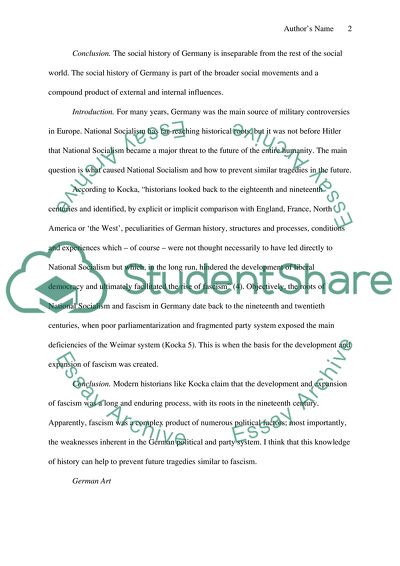Cite this document
(“In Germany Term Paper Example | Topics and Well Written Essays - 1250 words”, n.d.)
Retrieved from https://studentshare.org/history/1437350-in-germany
Retrieved from https://studentshare.org/history/1437350-in-germany
(In Germany Term Paper Example | Topics and Well Written Essays - 1250 Words)
https://studentshare.org/history/1437350-in-germany.
https://studentshare.org/history/1437350-in-germany.
“In Germany Term Paper Example | Topics and Well Written Essays - 1250 Words”, n.d. https://studentshare.org/history/1437350-in-germany.


